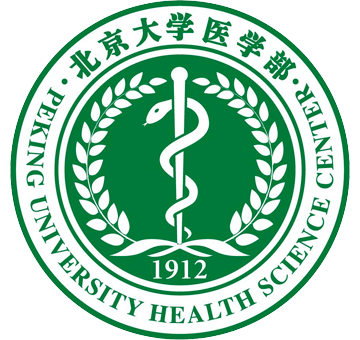
Ming Cui, MD, PhD
JI Program: Cardiovascular
Project Status: Active/Ongoing
Myocardial infarction (MI) is the leading cause of death worldwide with severe loss of cardiomyocytes (CMs). Existing treatments for MI do not address directly the fundamental problem of CM loss. Cell transplantation represents a promising therapeutic strategy to restore the damaged myocardial tissue, but is challenged by the low engraftment and integration of the transplanted cells to host heart. MI leads to deprivation of nutrient, oxygen and subsequent histone acetylation decrease in heart. Therefore, we hypothesize that simultaneous restoration of the energy metabolism and histone acetylation would be an effective strategy to protect either endogenous or transplanted cells. Indeed, our studies have identified that energy metabolite octanoate (8C) (UM) as well as nuclear factor erythroid 2-related factor 2 (NRF2) (PUHSC) preserves cardiac function after MI by mediating both histone acetylation and energy metabolism. Moreover, we have developed a novel biodegradable nanofibrous temperature responsive gelling microspheres (NF-GMS), which dramatically improve (10-fold) engraftment of transplanted cells in infarcted hearts (UM). In parallel, we have been able to robustly derive cardiac progenitor cells from human iPSCs (hiPSC-CPCs), which can differentiate further into almost all cardiac lineages (PUHSC).



